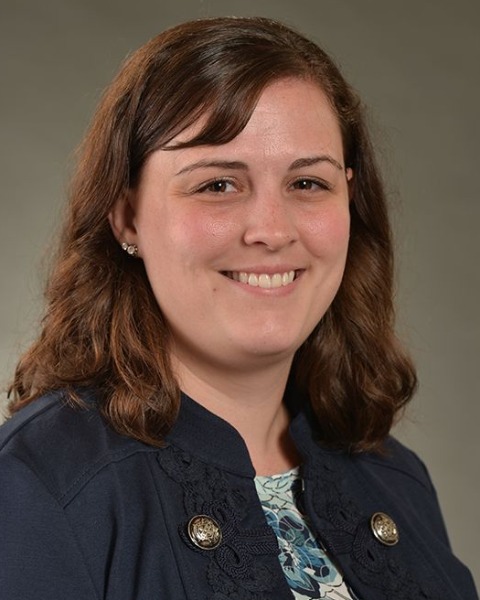Clinical / Preceptor Education (PE)
(PP401) They Said What? Addressing Microaggressions in Clinical Education
- LG
Laura Gaeta, PhD
Assistant Professor
California State University, Sacramento
Sacramento, California, United States 
Erica B. Friedland, AuD
Chair and Associate Professor
Nova Southeastern University
Fort Lauderdale, Florida, United States- MH
Mary Hudson, PhD
Associate Professor
University of Oklahoma Health Sciences Center
Oklahoma CIty, Oklahoma, United States 
Sarah Pupa, AuD
Pediatric Audiologist
Pediatric Ear, Nose, & Throat of Atlanta (PENTA)
Atlanta, Georgia, United States
Katherine Peitsch, Au.D.
Assistant Clinical Professor
Towson University
Erica J. Williams, PhD
Clinical Professor
Arizona State University
Tempe, Arizona, United States
Lead Presenter(s)
Presenter(s)
Contributor(s)
Summary:
Rationale: As efforts to increase the diversity of the audiology profession are made, it is important to have an inclusive environment to support students and preceptors who may experience incivilities such as microaggressions. Microaggressions are subtle, verbal or non-verbal comments expressed to individuals often based on a person’s gender, sex, race, sexual orientation, ethnicity, religion, etc. For example, asking a person of color, “Where are you really from?” is an example of a microaggression. These messages can lead to oppression and may negatively affect the individual to whom the microaggression was directed (e.g., anxiety, isolation, lowered confidence; Ackerman-Barger et al., 2019). Although clinicians may be trained in areas related to cultural competency, clinicians’ biases and personal views can lead to expressing microaggressions towards students or failing to respond to microaggressions encountered by students in the clinic. It is necessary for preceptors and students to have the skills to respond to the microaggressions or to reports of microaggressions. The purpose of this poster session is to: 1) present a compiled list of tools and resources that can be used by preceptors and students when faced with microaggressions and racism, and 2) solicit feedback on the compilation for further work by the authors.
Design: Members of the AAA Academic Programs Subcommittee have compiled a set of decision trees and tools that can be used to support preceptors and students who have encountered microaggressions in clinic to have an increased level of awareness of microaggressions and how to effectively manage and/or resolve them in the clinic. These resources will be ready for the presentation at AAA in 2022.
Results: This poster will complement the AAA 2022 Clinical Education Forum, which is titled “Belonging, Equity, Diversity, & Inclusion: Addressing Microaggressions in Clinical Education.” During the poster session, we also plan to discuss these tools and their use with preceptors and students to use in the refinement of resources available.
Conclusions: With the disparity between the backgrounds of the patients seen in audiology clinics and those of the providers and students serving them, it is important to address roadblocks to inclusivity, equity, and belonging. Failure to do so can ultimately affect the students’ learning, preceptor-student relationship, and patient outcomes. These resources will be used to support belonging, equity, diversity and inclusion among Au.D. students and assist clinical preceptors.
Learning Objectives:
- Identify resources available to preceptors and students in the management of microaggressions in the clinic.
